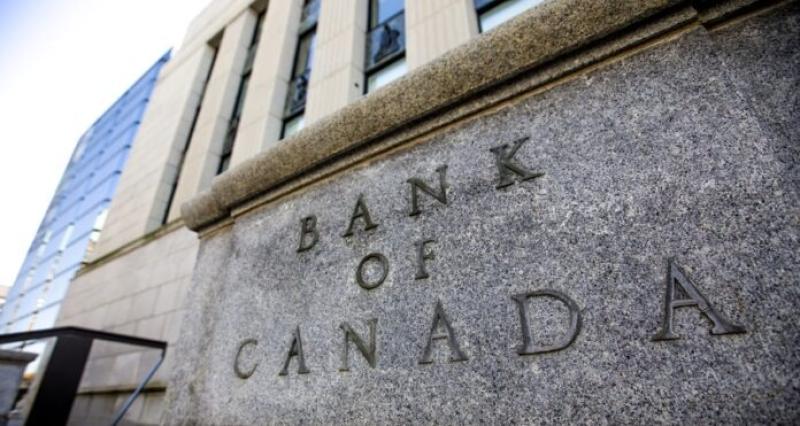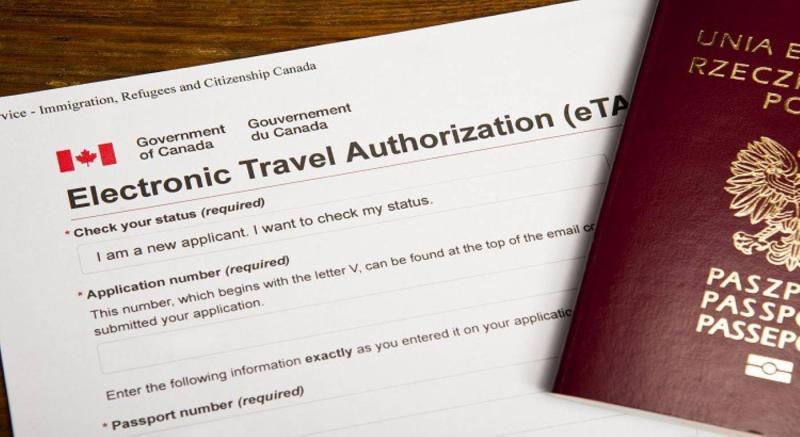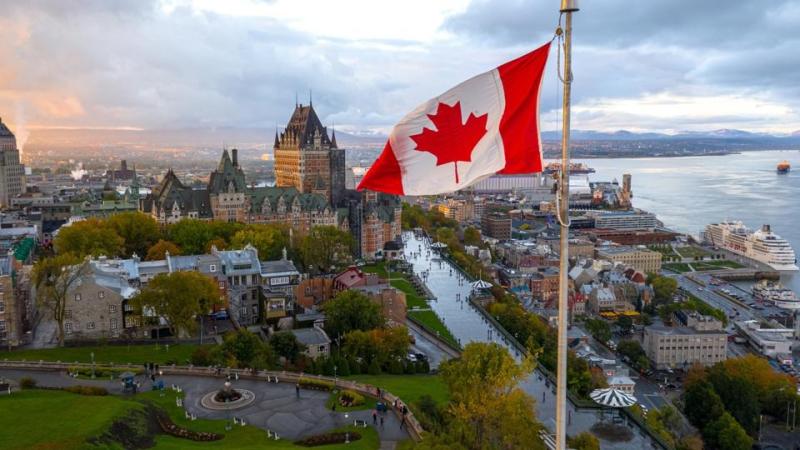Canadian National Anthem Rendered in Punjabi...

A Historic Moment or Identity Crisis?
In a surprising turn of events, the Canadian national anthem was rendered partially in English and partially in Punjabi before a recent hockey game in Winnipeg started. While some media outlets hailed it as a historic moment, others criticized the move, citing concerns about the sacredness of the national anthem and the potential erosion of Canada's cultural Identity.
This is not the first time such an incident has occurred. In 2022, the Canadian national anthem was rendered in the Ukrainian language, sparking a similar debate about the appropriateness of altering a symbol that holds great significance for Canadians.
The national anthem is considered one of the most powerful symbols of a country's Identity and pride. The controversy surrounding these incidents raises questions about the balance between inclusivity and preserving a nation's cultural heritage and Identity.
Canada is often celebrated for its inclusivity and diversity, but allowing the national anthem to be sung in different languages sets a dangerous precedent. The concern is that if every cultural or ethnic group begins to assert its language and interpretation of the anthem, it will lead to a lack of coherence in Canadian society and, eventually, the loss of a unified identity.
"While Canada is undeniably an inclusive country, it must also maintain its own identity," says cultural historian Dr. Emily Thompson - Professor of History at Princeton University. "The national anthem is a unifying symbol that should be a constant for all Canadians, regardless of their background."
The fear is that if the trend continues, it could result in a fractured society, with communities becoming increasingly isolated along linguistic and ethnic lines. The emphasis on a shared Canadian identity is seen as crucial to preventing the development of social cracks, segregation, and the emergence of distinct ethnic enclaves.
The concern extends beyond the anthem itself, with worries that if every cultural group demands the right to express their Identity in this manner, the unique Canadian Identity could be at risk. The idea that immigrants might impose their language and culture on others could lead to division rather than unity.
All Canadians, whether recent immigrants or those who arrived centuries ago, must have respect for the country they call home. Canada provides security, shelter, care, education, and a better future for all its residents. Preserving a common identity is essential for maintaining a cohesive and harmonious society.
However, this will not be realized till everyone refrain from calling their country of birth "Back Home," or one day, every single group or race will sing the national anthem in their language, and the Canadian Identity will be extinct.
A strong national identity is essential for any country's survival!














